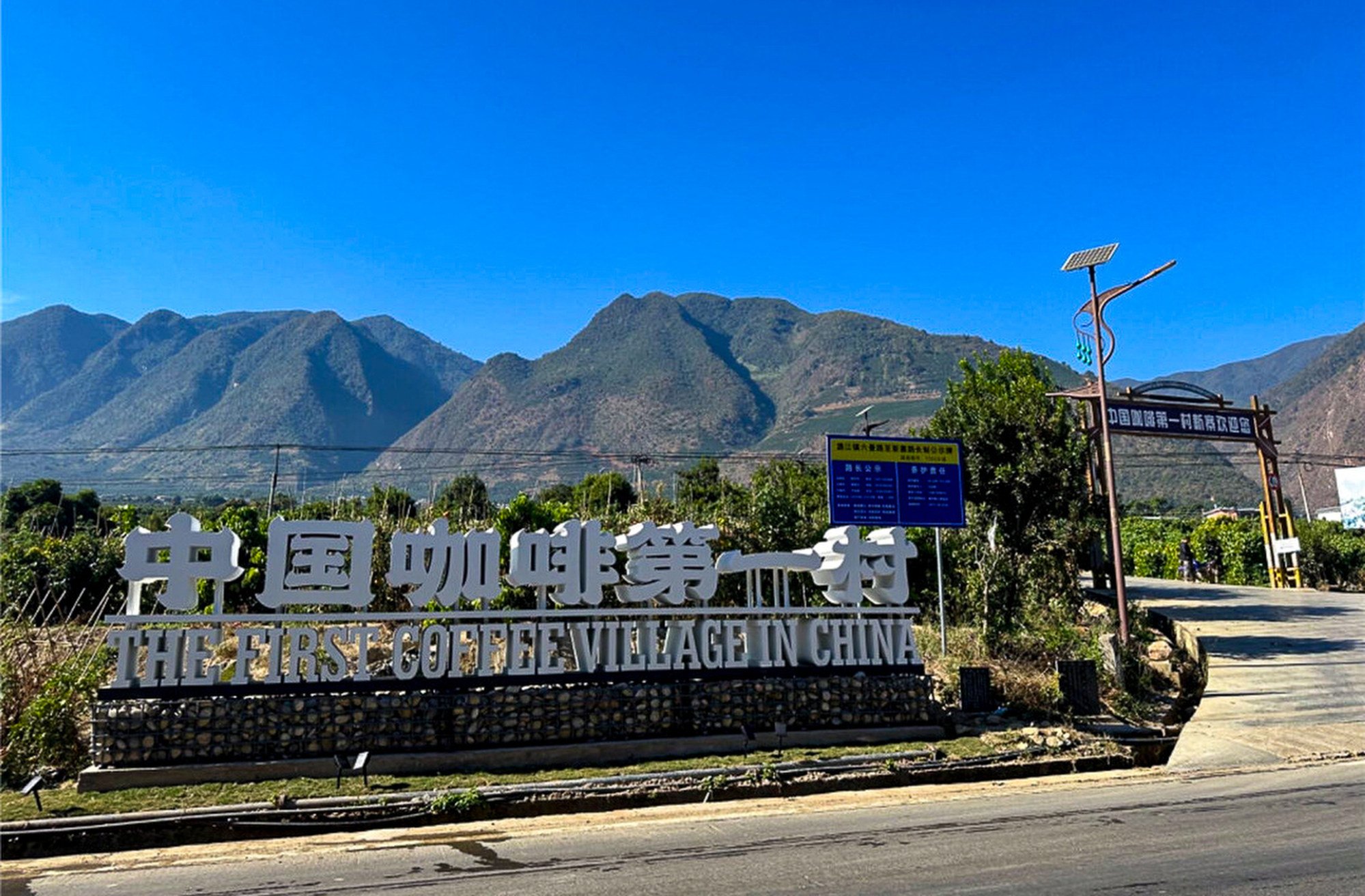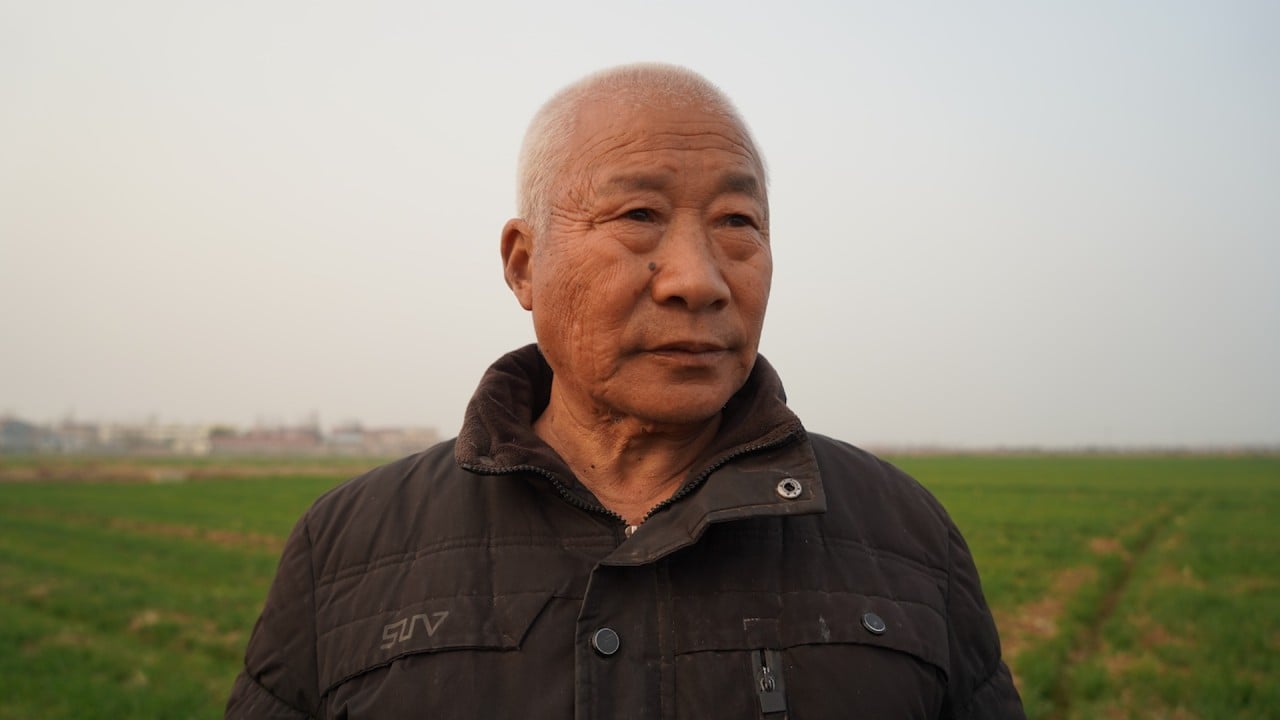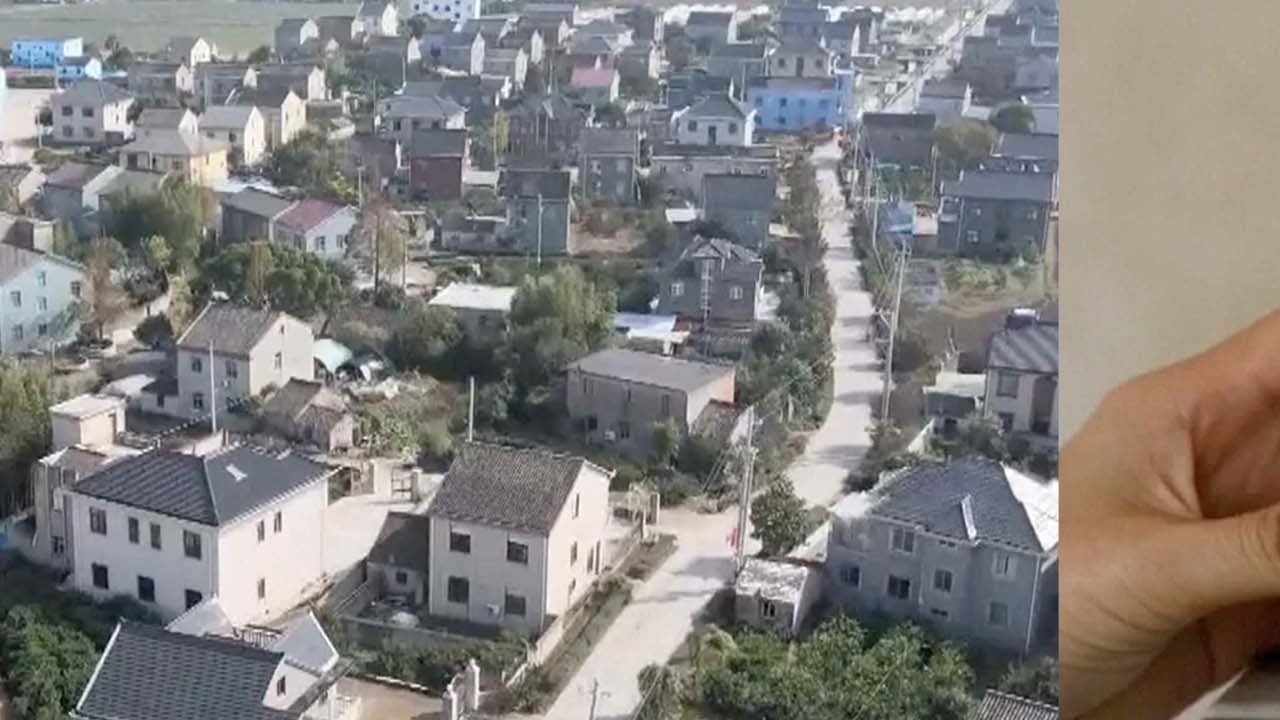
China’s ‘first coffee village’ highlights potential for rural revival
- In Yunnan’s Xinzhai village, jobs are abundant and people can earn well, thanks to a digital transformation that has altered farming and daily life
- In showing that rural life can be attractive and prosperous, Xinzhai is changing the narrative that village life has to be hard, backwards and inconvenient
For thousands of years, China was a predominantly agricultural society, rooted in tradition and a distinctive culture.
This transformation has its advantages. Life has become richer, more diverse and exciting. But unlike traditional agricultural society, which can sustain itself with minimal connection to the outside, urban society is not self sufficient. It must constantly produce and trade with others. If markets have setbacks and are not replaced by new markets, people suffer and wealth declines. This is where China is today.
Like other rural areas, Xinzhai once lost its people to cities. But the flow has reversed in recent years. Residents are returning and new people are coming in. Job opportunities are abundant and workers can make as much money in the village as in a top-tier city.
Tourists are also attracted to Xinzhai for its scenery. While the economic upturn is noteworthy, what Xinzhai is doing also enriches people’s social lives and has the far-reaching implication of cultural revival.

More importantly, Xinzhai shows it is possible to restore the countryside as an attractive place to live in and visit.
Beautiful villages resonate with Chinese people, who traditionally regard an enjoyable rural life as being situated in the “land of peach blossoms”, a perfect place depicted by poet Tao Yuanming (365 – 427 AD) who himself gave up his government career and returned to the country. His poetry about rural life has nourished Chinese people for well over a thousand years.
Unfortunately, for a long time, living in villages has meant a hard, backward and inconvenient life. That is why Xinzhai’s story is noteworthy. It is changing this narrative. It shows that, aided by technology, rural life can be attractive and prosperous.
It’s clear that, with extensive infrastructure networks, rural life will never be as closed up or hard as it was. Also, working according to nature’s rhythms will never be as hectic as city life is. The revival and renewal of traditional culture offers great potential for both villagers and visitors.
Will this trend stop China from becoming more industrialised, commercial and urban?
I don’t think so. It seems to me that rebuilding rural life is compatible with urban development. One complements the other.
I imagine a future China with countless distinctive villages, not only offering jobs and agricultural products, but also a connection to people’s cultural roots and some respite for the soul.
April Zhang is the founder of MSL Master and the author of the Mandarin Express textbook series and the Chinese Reading and Writing textbook series



